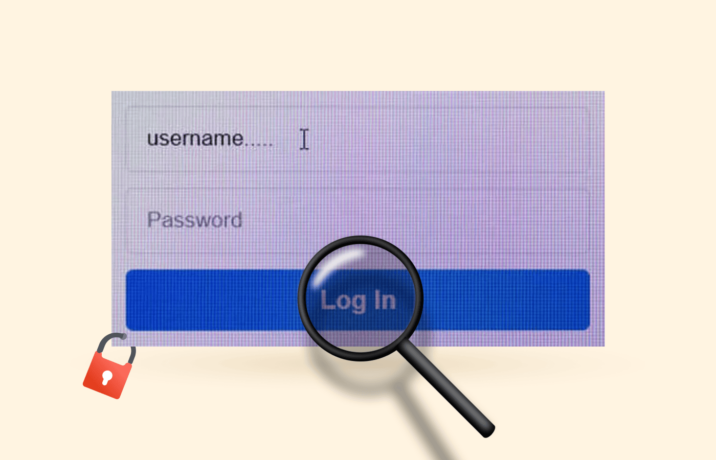Recently, consumers have focused more on privacy when surfing the internet for daily activities like social media, e-shopping, signing up on websites, etc. Unsurprisingly, many websites are listening to customers’ complaints by removing the login buttons of one of the biggest social networking companies, Facebook, from their homepage.
Facebook is now facing stagnated growth in its user base despite incremental growth in social media over the years. A recent sign of customers not supporting this social media giant is when big brands like Best Buy, Ford Motor, Twitch, Nike, Dell, and Patagonia decided to exclude Facebook login buttons from their sites. What could be the cause for complaints from consumers? Let’s take a look at a few reasons.
Security concerns regarding social media login
One of the reasons for this slow yet progressive disappearance of Facebook logins is that there are frequent security breaches where malicious actors take over Facebook accounts to spy on their data and still their identity. As a result, many people are concerned about using their social media identity to sign in on platforms.
As Jen Felch, Dell’s chief digital and information officer, said in an interview,
“We just look at how many people were choosing to use their social media identity to log in, and that has shifted over time.”
He added,
“We observe people deciding to isolate their social media accounts (Facebook or Instagram).”
Users’ lack of trust in Facebook
Another reason websites steer clear of the Facebook login button is that customers lose trust in Facebook.
In 2018, a shocking report from Cambridge Analytica, a data analytics firm, revealed that close to 90 million Facebook profiles were harvested and used to target ads in the 2016 United States presidential campaign to influence the election results. Well, the story of mistrust does not end there.
In 2020 during the COVID-19 pandemic, there were breakthroughs in Coronavirus vaccinations. Facebook became a site for misleading the public with anti-vaccination posts and conspiracy theories of 5G being the lead cause of the virus. With about 12 million posts removed between March and October, this misinformation had done more harm than good to the public. Many believe this misinformation from their products was intentional from Facebook, and they failed to rectify it immediately; hence they started to feel “it is a breach of their personal space.”
To top up the lack of trust and confidence in Facebook, a recent statistical report from LoginRadius showed that Google is the most preferred social login in over 1,000 websites and apps used by North American consumers.
To further show consumers’ disinterest in the Facebook login button, a wellness company SnapHabit, analyzed 10,000 sign-ins and reported that about 43% of users signed in with Google. About 45% signed up with Apple ID or their email address leaving about 11% to Facebook signings (the company still made that option available).
Other concerns and alternatives
Contributing to Facebook’s decline, Apple’s IOS issued a new privacy policy called App Tracking Transparency which helps users control what data they can provide to companies and advertisers. This new Apple policy has beset the social media giant Facebook from targeting ads and losing revenue. Also, the short video service TikTok is competing against Facebook, leading many users to switch to the TikTok platform and stagnating growth in the Facebook user base.
Companies rely on customers’ feedback and retention to improve and deliver their products and services. Despite consumers’ demand for privacy, many companies have dissolved their relationship with Facebook over similar concerns in reputational risk.
